7 years ago #9811163
6
0
This reminds me of the English word 'ptarmigan'.
The word ptarmigan came from the Scottish Gaelic word tarmachan, used to refer to the bird. When it first entered into the English language, it was spelled as simply 'tarmigan', until a group of Latin and Greek supremacists came along. They thought that English should be more like Latin and Greek, so they did things like creating the 'do not split infinitives' rule, because you can't do it in Latin. These people saw the word 'tarmigan', they thought it derived from the Greek word for wing, 'pteros', and they added a random p to the beginning of the word to make 'ptarmigan'.
The word ptarmigan came from the Scottish Gaelic word tarmachan, used to refer to the bird. When it first entered into the English language, it was spelled as simply 'tarmigan', until a group of Latin and Greek supremacists came along. They thought that English should be more like Latin and Greek, so they did things like creating the 'do not split infinitives' rule, because you can't do it in Latin. These people saw the word 'tarmigan', they thought it derived from the Greek word for wing, 'pteros', and they added a random p to the beginning of the word to make 'ptarmigan'.
7 years ago #9810426
6
0
Meanwhile, Finland and Iceland are sitting on the curb outside Club Scandinavia, sipping bourbon while the club's bouncer Åland is glaring at them murderously.
ICELAND: Should we tell them what *we* call jungle?
FINLAND: Nah. Look at the grief they're giving Sweden over one letter.
ICELAND: Should we tell them what *we* call jungle?
FINLAND: Nah. Look at the grief they're giving Sweden over one letter.
7 years ago #9810349
4
0
We get it Sweden, you and Atland are happy together! Now stop rubbing it in us singles faces!
7 years ago #9810988
3
0
German does something similar, as it uses `dsch` to represent the sound a J makes in English. Maybe Gustavus Adolphus is to blame, that Sweden brought it back in their baggage after the Thirty Years War?
EDIT: the German word for Jungle is "Dschungel", by the way. Not to be confused with "Duschgel"
EDIT: the German word for Jungle is "Dschungel", by the way. Not to be confused with "Duschgel"
Add comment: Please Sign in or create an accout to comment.
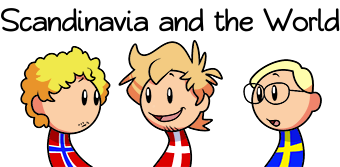

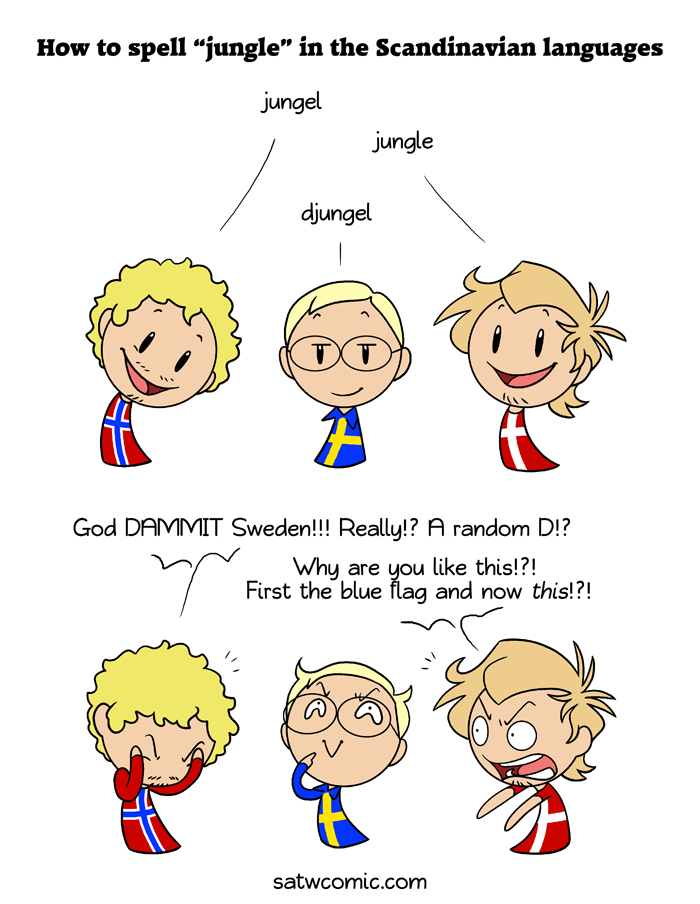
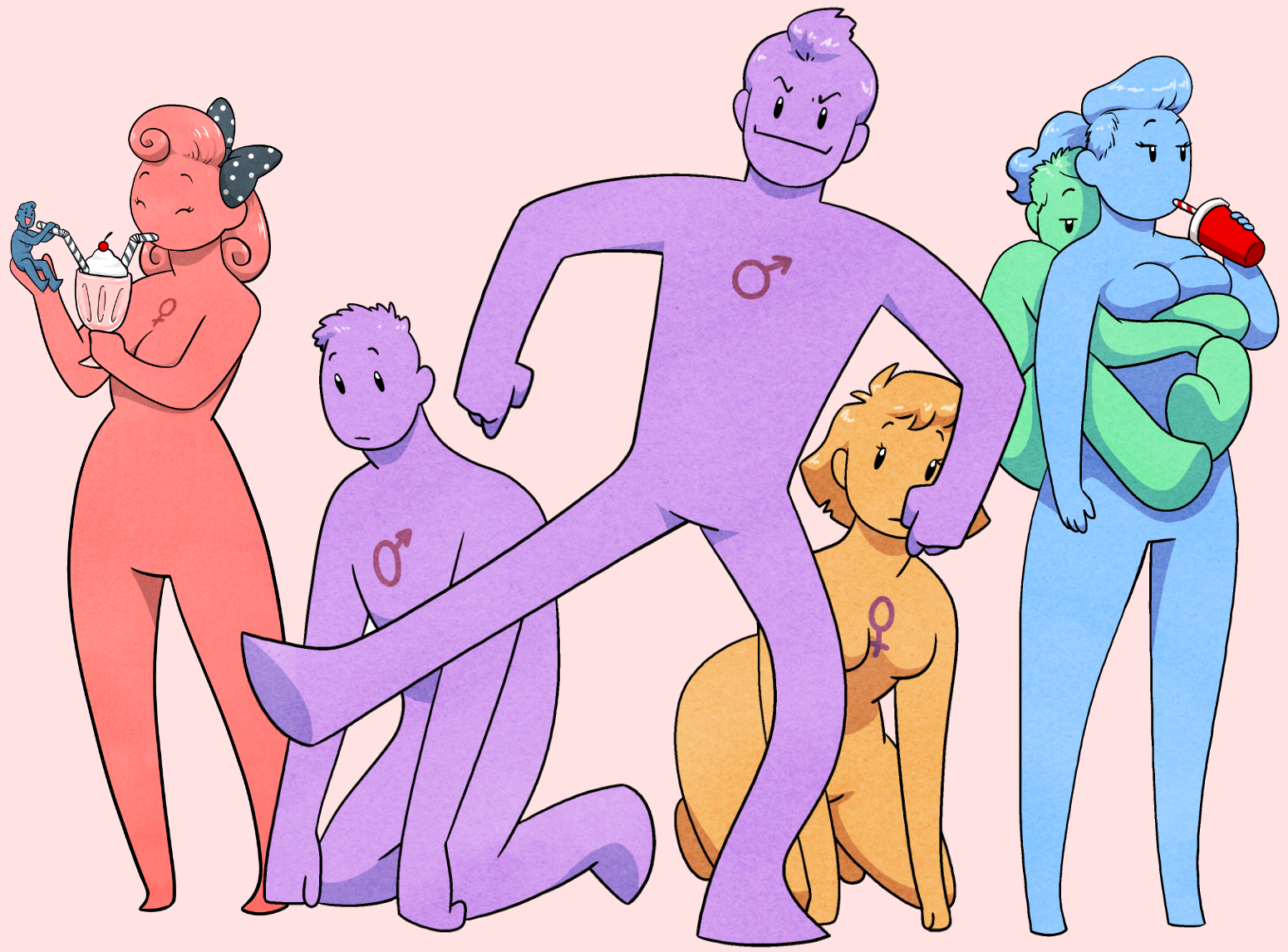
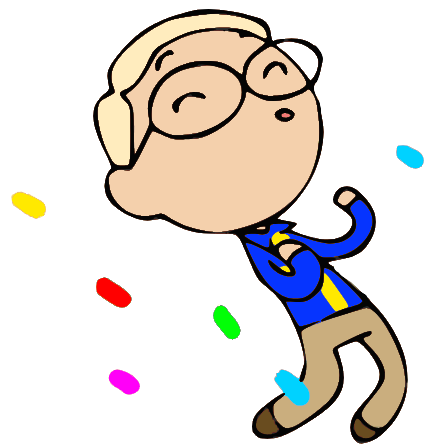 Support the comic on
Support the comic on 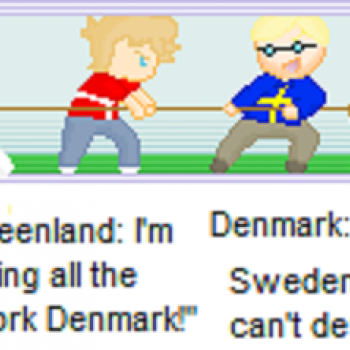
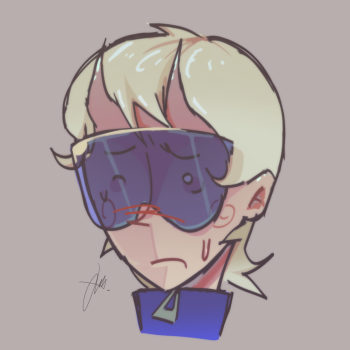


























33
After some thinking I guess it makes sense we didn't have a word for it as it is something that does not exist in europe. But then I thought, wait a minute, european nations probably encoutered jungles before the 18th century in america and africa... Mostly Spain and Portugal though... So I wondered if they had a different word for it, and guess what, they do ! In Spanish and Portuguese they say selva, while almost every other european nation uses a variant of the english word jungle (even the other romance languages, jungle in French, jungla in Romanian and giungla in Italian). Crazy heh ?
Here was your useless fact of the day... You don't have to thank me...